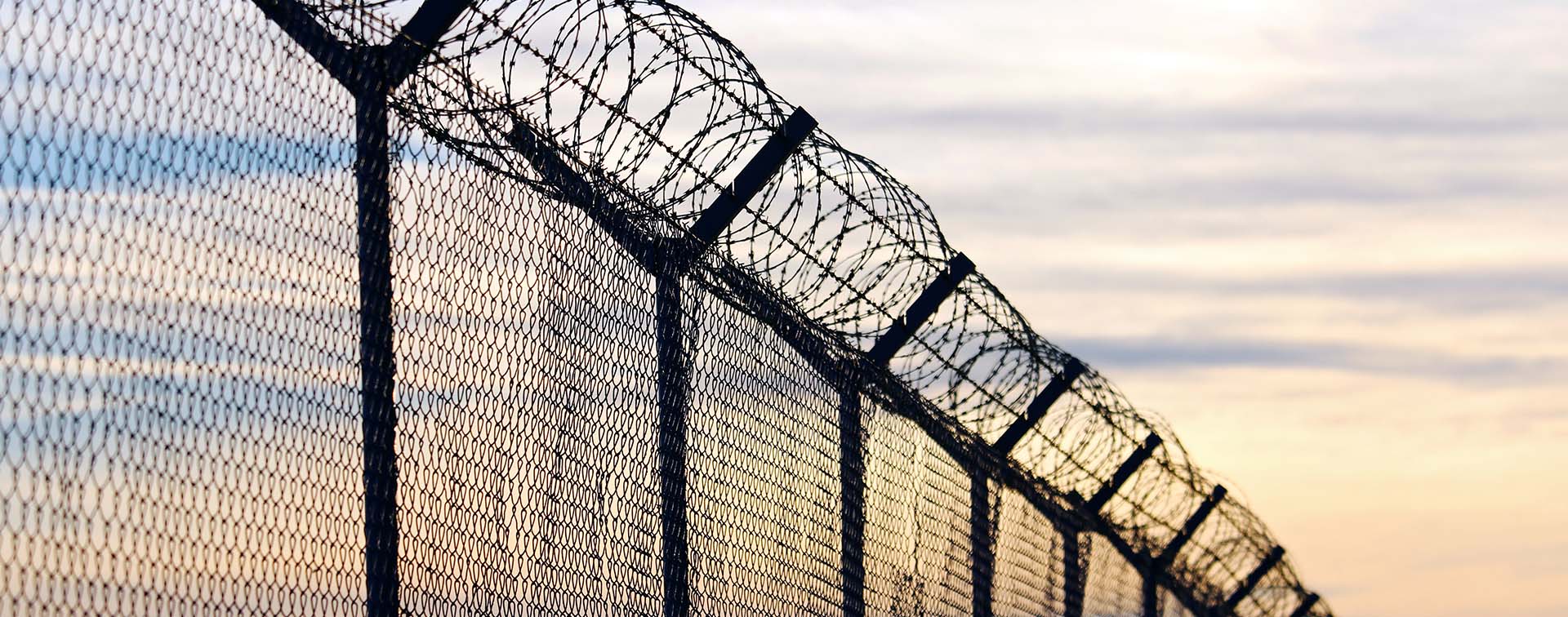
Dr. Robert Mogielnicki is a Senior Resident Scholar at the Arab Gulf States Institute in Washington and an Adjunct Assistant Professor at Georgetown University’s Walsh School of Foreign Service.
A botched US withdrawal from Afghanistan and a lightning takeover of the country by the Taliban have unsettled regional governments and international observers. Despite cautiously optimistic growth forecasts for many Middle East and North African (MENA) countries, sporadic governmental efforts to reinstate pre-pandemic levels of economic activity have progressed slowly. Rising socio-economic pressures across the region and intense political and diplomatic disputes in North Africa signal persistent challenges on the horizon.
The Biden administration’s announcement of its plans to conclude the USA’s combat mission in Iraq by the end of the year and initiate the withdrawal of all American troops from Afghanistan (according to an agreement with the Taliban approved by former President Donald Trump in early 2020) came as part of a broader reassessment of US force posture in the Middle East. The Taliban swept through the country and quickly took control of Kabul, pledging to form an “inclusive Islamic government”. However, foreigners and many Afghanis sought to flee, including former president Ashraf Ghani, who fled to the UAE, and there were scenes of chaos at Kabul International Airport.

The rapid evacuation of thousands of Afghanis — many without proper identification — presents longer-term security and logistical challenges for the USA, which now must decide where to send the refugees for processing, vetting, and ultimately relocation. Most MENA governments have refused to accept large numbers of Afghani refugees. Jordan’s government approved the transit of 2,500 Afghan citizens through the country, but stressed that Afghan citizens would not be granted refugee status in Jordan.
America’s chaotic withdrawal from Afghanistan and the subsequent terror attacks at Hamid Karzai International Airport in Kabul will give pause to US allies in the MENA region. Officials in neighboring states or in countries with a significant US military presence such as Iraq may worry that future troop withdrawals could create similar power vacuums. The troubling end to the 20-year Afghanistan war also raises questions concerning the efficacy and durability of American state-building efforts across the region.
A fragile global recovery signals better economic conditions for the oil- and gas-producing MENA countries. Higher oil prices — largely expected to remain at between USD 60 and USD 70 per barrel for the foreseeable future — have boosted growth forecasts and reduced external funding needs. Gulf Cooperation Council countries are expected to return to an aggregate growth rate of 2.2% in 2021, according to the World Bank. Yet key industries across the region continue to face headwinds: Airlines in the Middle East posted a 74.5% drop in demand in July 2021 when compared to July 2019, exceeding the global average.
Regional governments have struggled to reinstate a sense of normalcy amid ongoing waves of coronavirus infections and continued threats posed by new variants. Prior to the pandemic, organizers for the delayed Expo 2020 Dubai, rescheduled to run from October 2021 through March 2022, had expected 25 million visitors. Now officials are preparing for smaller numbers, last-minute bookings, and hybrid events to accommodate remote participation. Meanwhile, UAE government authorities have created additional long-term visa options for specialized professionals, with Dubai’s ruler announcing that the UAE would grant golden visas — which permit five- or ten-year residence visas and eligibility for automatic renewals — to charity and humanitarian workers as well as doctors licensed with official health regulatory bodies. In September, the UAE also launched a Green Visa scheme as part of a series of economic and development projects commemorating the country’s 50th anniversary.
Patchy travel bans remain across the region, but governments are implementing policy exceptions to keep international travel and mobility processes moving. In August, Saudi Arabia’s Ministry of Interior issued directives to allow the direct entry of fully vaccinated expatriates from countries facing travel bans, provided that they hold valid residence permits and have received two doses of a coronavirus vaccine in Saudi Arabia. Regional governments are likely to continue extending the validity of many residence, exit, and re-entry visas for as long as travel restrictions remain.
Travel-related and other restrictions may be around for some time yet. In August, Israel introduced new coronavirus-related restrictions and suggested that more stringent criteria would apply to countries under travel bans or warnings, despite the country’s rapid and widespread vaccination campaign.
Economic conditions in Lebanon continue to decline, exacerbating one of the worst economic crises globally. In August, Major General Abbas Ibrahim, the head of Lebanon’s General Security agency, warned of the chaos that would ensue if the state collapsed. The country’s Prime Minister-designate, Najib Mikati — the third person picked for the task since 2020 — has struggled to form a new government. On September 10, Lebanese politicians agreed to form a new government after 13 months, but citizens worry that the administration will be unable to slow and reverse the deteriorating economic situation. Many allies and donors that have traditionally supported Lebanon, such as those from the USA and the Gulf, increasingly view the deteriorating situation as a money pit and are hesitant to provide assistance without a stable government able to undertake structural reforms.
Turkey is experiencing a rise in consumer prices resulting from a weak lira, rising commodities prices, and a drought that has negatively impacted harvests. The Turkish president continues to call for lower borrowing costs, placing political pressure on the country’s central bank.
North African governments are managing the fallout from a major political crisis in Tunisia as well as diplomatic tensions between Algeria and Morocco. Tunisia’s fragile democratic experiment was tested by a presidential announcement in late July suspending the country’s parliament, dismissing the prime minister, and limiting public gatherings. The Tunisian President Kais Saied pledged to restore the political system in short order. Yet many Tunisians and foreign government officials are concerned that, in the absence of a functioning government, the country will struggle to manage the ongoing coronavirus threat and conclude negotiations for a loan program with the International Monetary Fund. In televised remarks on September 11, President Saied signaled his intention to form a new government and amend the country’s constitution.
In late August, Algeria severed diplomatic relations with neighboring Morocco, citing “hostile actions.” Forest fires in Algeria, and Morocco’s normalization of ties with Israel have aggravated longstanding tensions between the two North African neighbors.
Morocco’s King Mohammed VI tasked billionaire businessman Aziz Akhannouch with forming a new government after his National Rally of Independents party (RNI) trounced the Islamist Justice and Development Party (PJD) in parliamentary elections. The RNI is widely viewed as liberal and pro-business, but the Moroccan monarchy remains largely in control of key policy decisions.